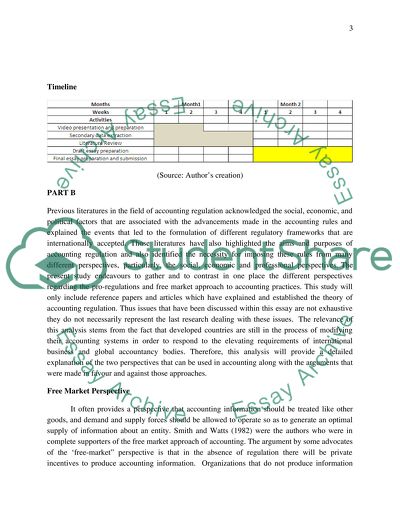Cite this document
(“Accounting and Society Essay Example | Topics and Well Written Essays - 4500 words”, n.d.)
Accounting and Society Essay Example | Topics and Well Written Essays - 4500 words. Retrieved from https://studentshare.org/finance-accounting/1494675-accounting-and-society
Accounting and Society Essay Example | Topics and Well Written Essays - 4500 words. Retrieved from https://studentshare.org/finance-accounting/1494675-accounting-and-society
(Accounting and Society Essay Example | Topics and Well Written Essays - 4500 Words)
Accounting and Society Essay Example | Topics and Well Written Essays - 4500 Words. https://studentshare.org/finance-accounting/1494675-accounting-and-society.
Accounting and Society Essay Example | Topics and Well Written Essays - 4500 Words. https://studentshare.org/finance-accounting/1494675-accounting-and-society.
“Accounting and Society Essay Example | Topics and Well Written Essays - 4500 Words”, n.d. https://studentshare.org/finance-accounting/1494675-accounting-and-society.


